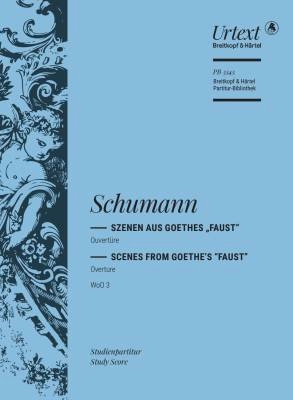Opens in a new window
Breitkopf & Hartel Overture to Scenes from Goethe's ''Faust'' WoO 3 - Schumann/Riedel - Study Score - Book
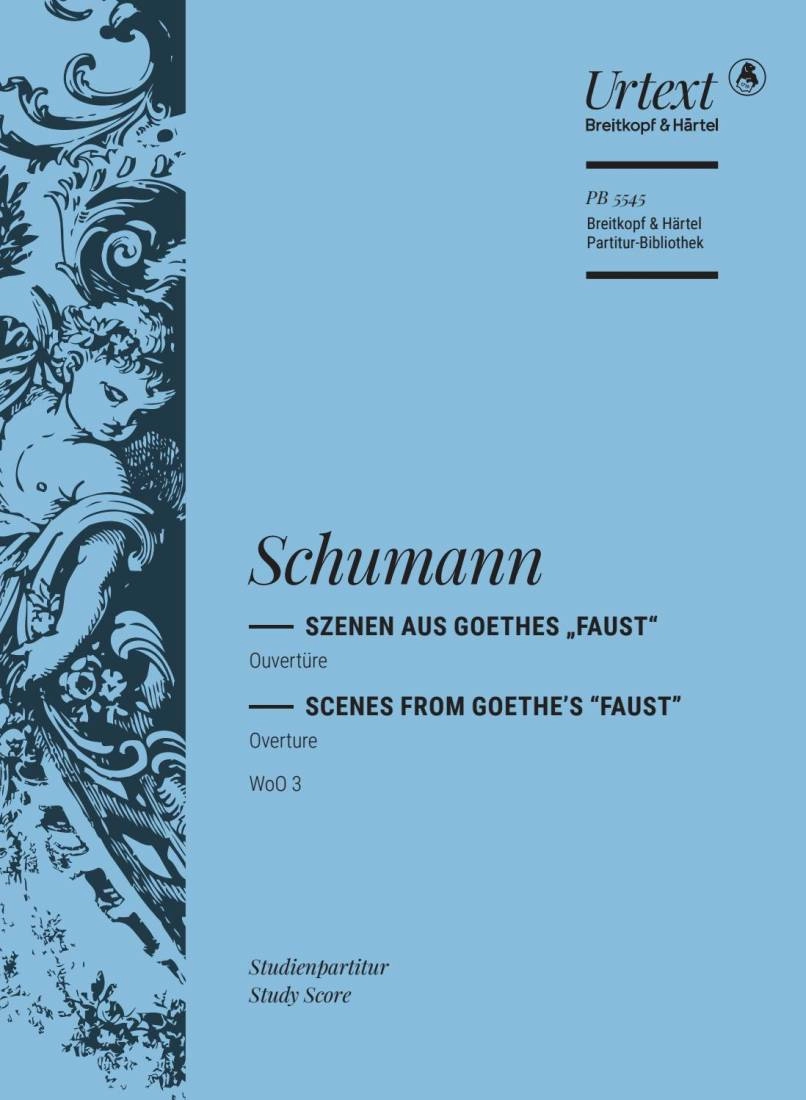
Additional Photos:
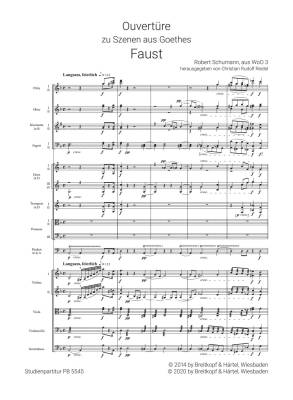
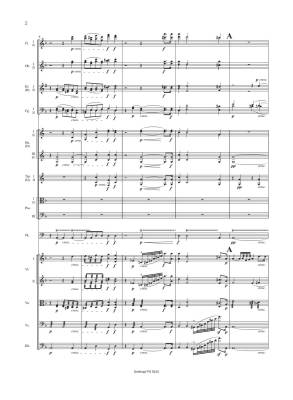
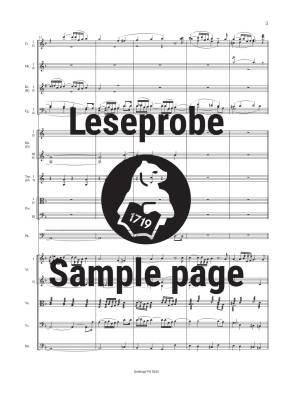
- Composer/Author: SCHUMANN, ROBERT
- Instrumentation: STUDY SCORE
- Model # PB5545-07
Composer: Robert Schumann (1810 - 1856)
Editor: Christian Rudolf Riedel
Format: Book, Urtext
Version: Study Score
The question "Why add music to such perfect poetry?" preoccupied Schumann long and intensively. His first compositional approach to Goethes "Faust" began in 1844, but it was not until 1851 that he finally completed the Scenes. At Liszts suggestion, Schumann added an overture in 1853, a symphonic "instrumental introduction" which atmospherically evokes the action of the Scenes but has no direct thematic reference to them. As an independent overture, the work has been played relatively rarely in concert halls to this day; the general prejudice towards Schumanns late works was no doubt partly responsible for this. The first Urtext edition of the overture was based on the autograph score that was revised by Schumann and served as the principal source. It should give new impulses to the future reception of this work which Paul Dukas hailed as "a miracle, from beginning to end".
Duration: 7:00
Media
Q & A
There are currently no questions for this product.
Reviews
There are currently no reviews for this product. Be the first to write one!


